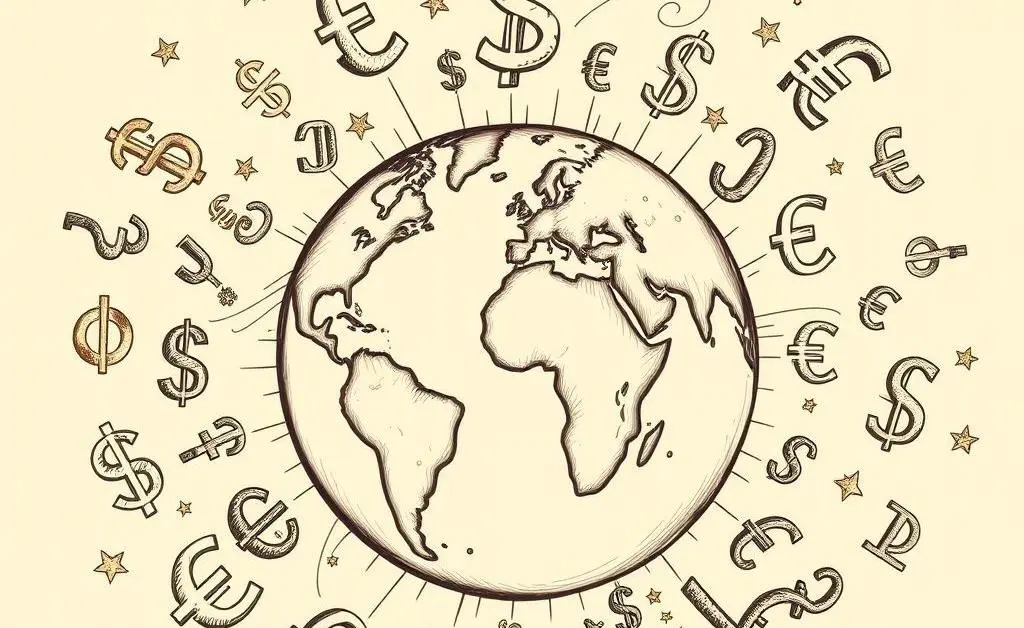Understanding the Independence of Central Banks: Why It Matters for Our Economy
Explore why central bank independence is essential for stable economic growth.

Have you ever wondered why central banks are independent, and why that's such a big deal? It might seem like a dry topic, but understanding this can give you some serious insights into how economies work and why stability is crucial. Let's dive into why the independence of central banks, like the Federal Reserve, plays a pivotal role in our economic well-being.
What Does Central Bank Independence Mean?
Central bank independence simply refers to a central bank's ability to make decisions without political interference. This autonomy allows it to focus on key goals like controlling inflation and ensuring economic stability without being swayed by political agendas.

Why Is It Important?
Picture this: a powerful rainstorm hits your town, and the local weatherman, who is also the mayor, insists it's sunny because that's politically convenient. Now, imagine the central bank saying all’s well when inflation is skyrocketing. Independence ensures that the focus remains on appropriate economic strategies based on data rather than politics.
When central banks are free to set monetary policy, they can tackle inflation or deflation more effectively, ensuring economic stability and growth. They use tools like interest rate adjustments to control the money supply, which sounds fancy, but it's basically like adjusting your spending based on your paycheck size.

How Does This Affect You?
Central bank decisions influence everything from loan rates and mortgage costs to your savings' earning potential. When the bank keeps inflation in check, you're better shielded from price hikes at the grocery store.
For example, if a central bank raises interest rates, borrowing becomes more expensive, potentially cooling off an overheating economy. Conversely, lowering rates can encourage borrowing and spending, potentially revitalizing a sluggish economy.

Global Impact
One nation's central bank decisions can ripple across the globe. For instance, if the U.S. Federal Reserve makes changes to interest rates, it can influence currency values worldwide. This interconnectedness means that independent decisions are often made with global consequences in mind.
Conclusion
Understanding why central bank independence matters helps us appreciate how delicate and complex economic stability really is. When these institutions function without political influence, it ultimately supports a stronger, more reliable economy for everyone. So the next time you hear about interest rate changes or inflation targets, you'll know there's a purposeful mind behind those decisions, balancing the needs of a robust economy.




